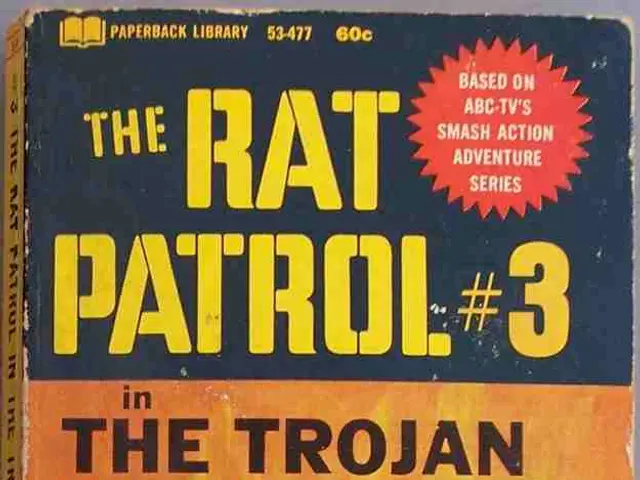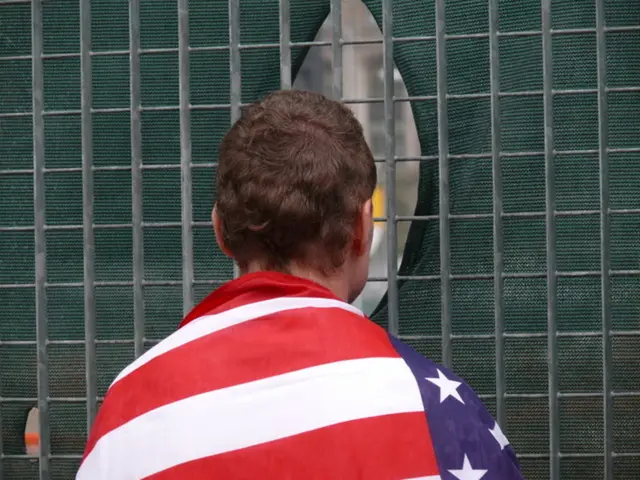Recollection of the Overlooked: Unveiling a Previous Notice
In the heart of the modern city of Marzahn, three ancient chestnut trees stand as silent witnesses to a dark chapter in history. These trees, a few hundred meters away from an old cemetery, have played a central role in the works of Reimar Gilsenbach, a bestselling author, human rights advocate, and environmentalist.
Gilsenbach, who lived in East Germany, was one of the founders of the Green Party of the GDR. His strong pronounced ecological interest, however, often conflicted with the socialist social order, leading to investigations by the Ministry for State Security (MfS) for public defamation and illegal contact with organizations.
Despite these challenges, Gilsenbach's dedication to unearthing the truth was unwavering. In the 1980s, he wrote about the fate of the Sinti in Marzahn and the history of the place, shedding light on a tragic past that many had forgotten.
It was here, where the three chestnut trees stood, that approximately 1200 people were tortured. Among them were at least 200 Sinti from the forced labor camp Marzahn, who were deported to the KZ Auschwitz-Birkenau in March 1943. Only seven survivors returned, including Otto Rosenberg, father of the pop singer Marianne Rosenberg.
The village of Marzahn was replaced with a satellite city of East Berlin in the 1970s, and beyond the S-Bahn station Bruno-Leuschner-Straße (now Raul-Wallenberg-Straße) lay the old cemetery, its high fences resembling an old manor park.
Gilsenbach's work at Kulturbund magazine 'Nature and Homeland' awakened his interest in ecological questions. This interest led him to initiate the 'Brodowin Discussions' in 1981, a series of discussions focused on environmental issues.
Despite the hardships he faced, Gilsenbach's work had a profound impact. He was able to bring a boy from a Sinti family back to his parents who had been arbitrarily placed in a home. His literary work served as a testament to his commitment to justice and his unwavering dedication to uncovering the truth.
Today, the three chestnut trees stand as a poignant reminder of a dark past and a testament to the power of truth and justice. They serve as a reminder of Reimar Gilsenbach's tireless efforts to shed light on the suffering of those who were forgotten and to ensure that their stories are never forgotten.
Read also:
- Ex-U.S. Chief of Staff Issues Alert Regarding Revival of Measles and Related Diseases
- Kamala Harris announces her ongoing political plans-for the present time
- Essential Predictive Analytics Models for Successful Political Campaigns to Familiarize Yourself With
- Could the Winning Chances of 'Radical' Politicians Be Realized?








